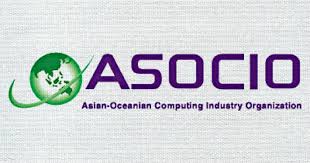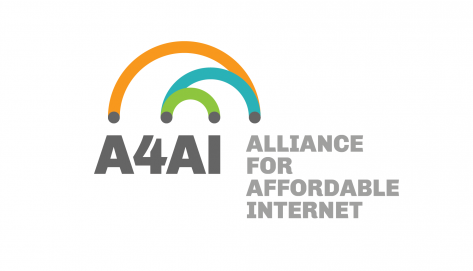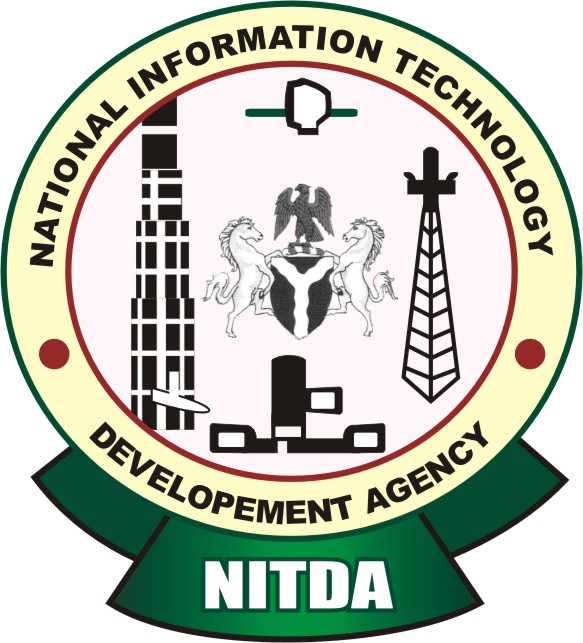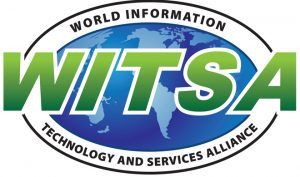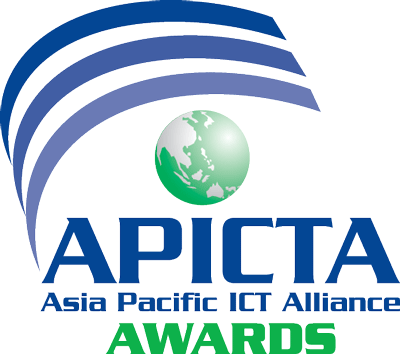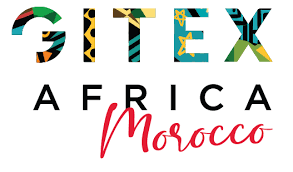 ICANN holds Multi-Stakeholder Internet Governance Conference in Addis-Ababa as part of its Africa Strategy Plan". read ICANN Vice-President for Africa, Mr Pierre Dandjinou's message for this upcoming event...
ICANN holds Multi-Stakeholder Internet Governance Conference in Addis-Ababa as part of its Africa Strategy Plan". read ICANN Vice-President for Africa, Mr Pierre Dandjinou's message for this upcoming event...
Dear All,
As you probably know, ICANN has entered a new season, with its new CEO, Fadi Chehade. The CEO wishes to put more effort in integrating Africa within ICANN, through a better presence of ICANN in Africa, and a more pronounced Africa's participation to ICANN. This has already transpired into the development of an ICANN strategy for Africa, which will guide ICANN and Africa within this new season. Moreover, the CEO decided to foster ICANN's overall engagement with stakeholders, hence the creation of the Global stakeholder Engagement Team, chaired by Mrs Sally Costerton and the confirmation and/or recruitment of Vice Presidents. Tarek Kamel will continue within his role as a Senior Advisor to the President for Government and IGO Affairs to overlook with myself the implementation of some projects in the African strategy.
I was selected as the Vice President (VP) for Africa; in this position, I represent the President and CEO in Africa, contribute to the global stakeholder engagement strategy and coordinate the implementation of the Africa strategy plan. As you know, the Africa strategy was presented by the Africa working group at ICANN 45 in Toronto in October 2012, and was warmly welcome.
Within the framework of the strategy, I have proposed an action plan spanning from January to June 2013. The action plan considers priority projects included in the Africa strategy on the one hand, and ad'hoc activities as were requested by the day- to- day engagement with stakeholders in Africa. Here are the main activities for the coming six months:
- Further engagement with I* Organizations (such as ISOC, IETF, W3C, AFTLD, AfriNIC , etc.) through participation and contribution to workshops and meetings; (December 2012 to June 2013)
- DNSSEC roadshow to show case DNSSEC application within six to eight African ccTLDs; (January – June 2013); countries foreseen in phase 1 (January to end February 2013) are the following: South Africa, Kenya, Ghana, Senegal, Nigeria, Egypt, Tunisia and Burundi
- A workshop on development of the domain name industry in Africa; (March 2013)
- Policy advice on ccTLDs and contribution to solving re delegation requests from African ccTLDs; (on going: .TG; .GM; .ML; GW; .GA etc.)
- An incubator programme for young entrepreneurs on the DNS industry will start on July 2013
Implementation of most activities will rely on local and foreign expertise; we have secured a budget which helps start these activities for the current ICANN FY13. In FY14 (starting July 2013), we will consider the implementation of the other programs and projects in the African strategy.
A dedicated website and a discussion list have been created for the Africa strategy; these are accessible at www.africanncommunity.org and strategy@africanncommunity.org
Your contributions will be sought after in due time..
Regards
Pierre Dandjinou
VP, Africa
*culled from http://www.africanncommunity.org
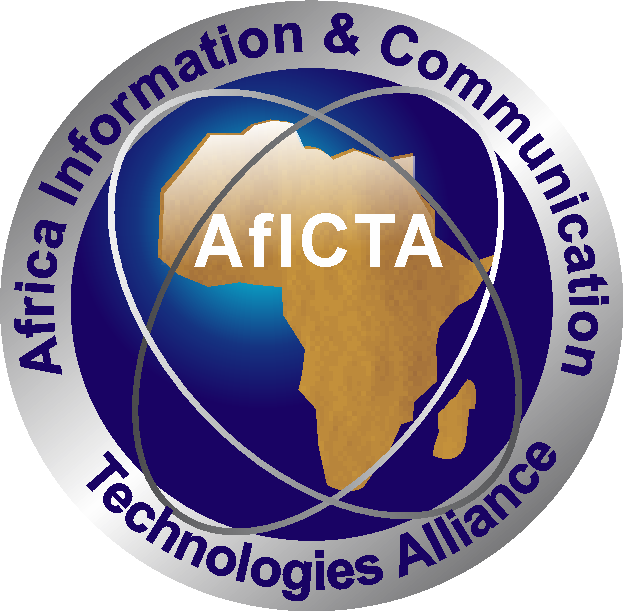
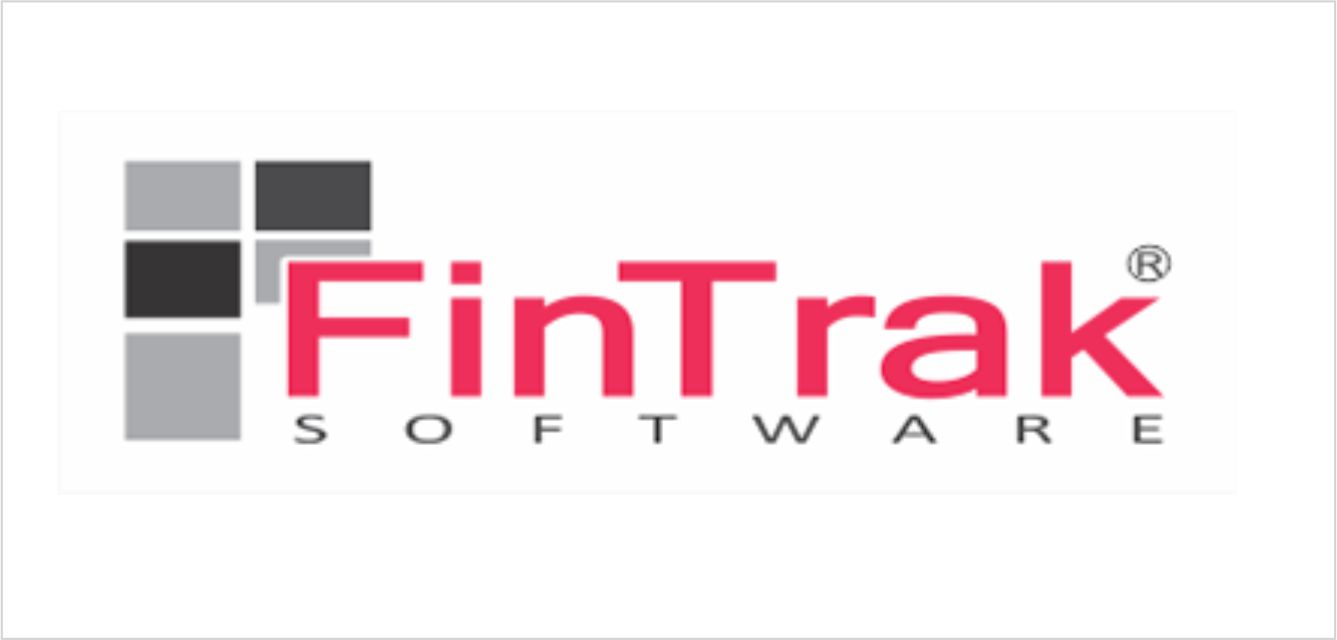

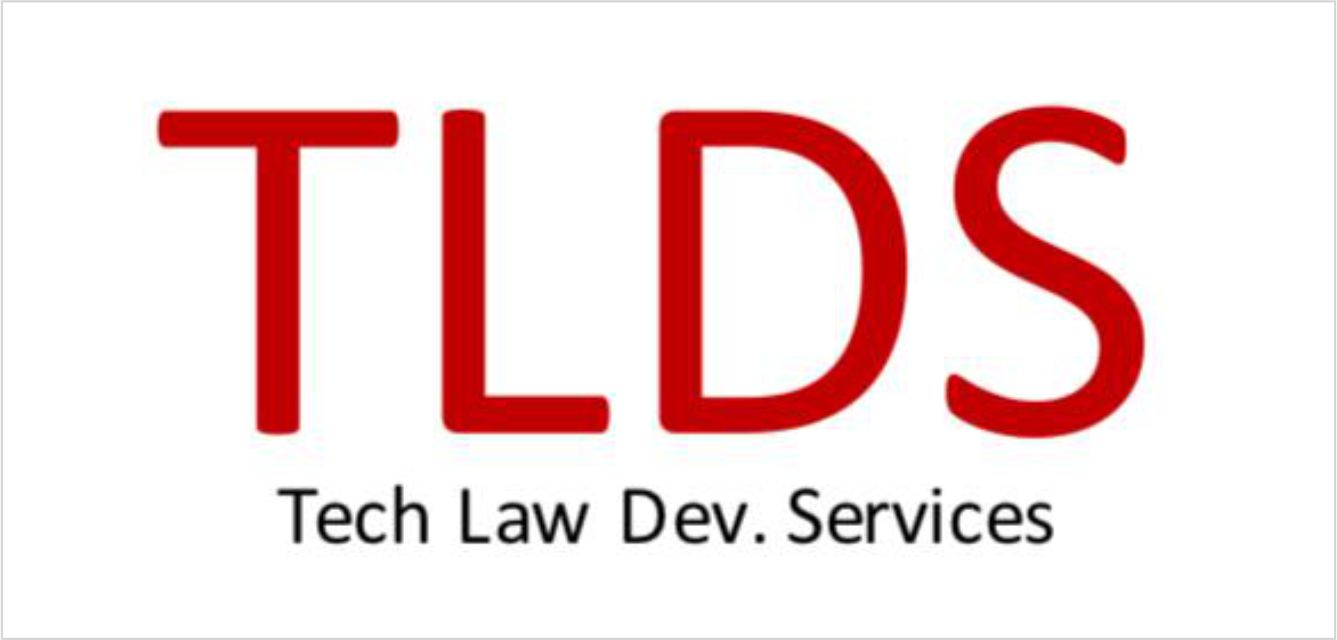
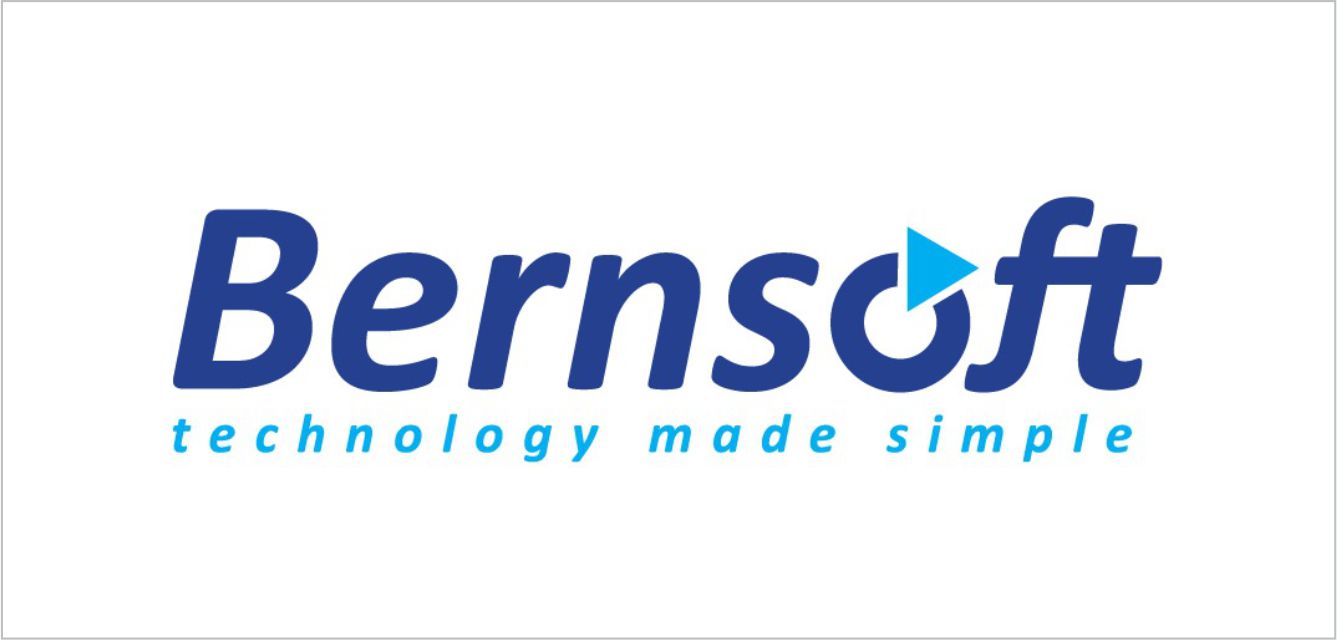

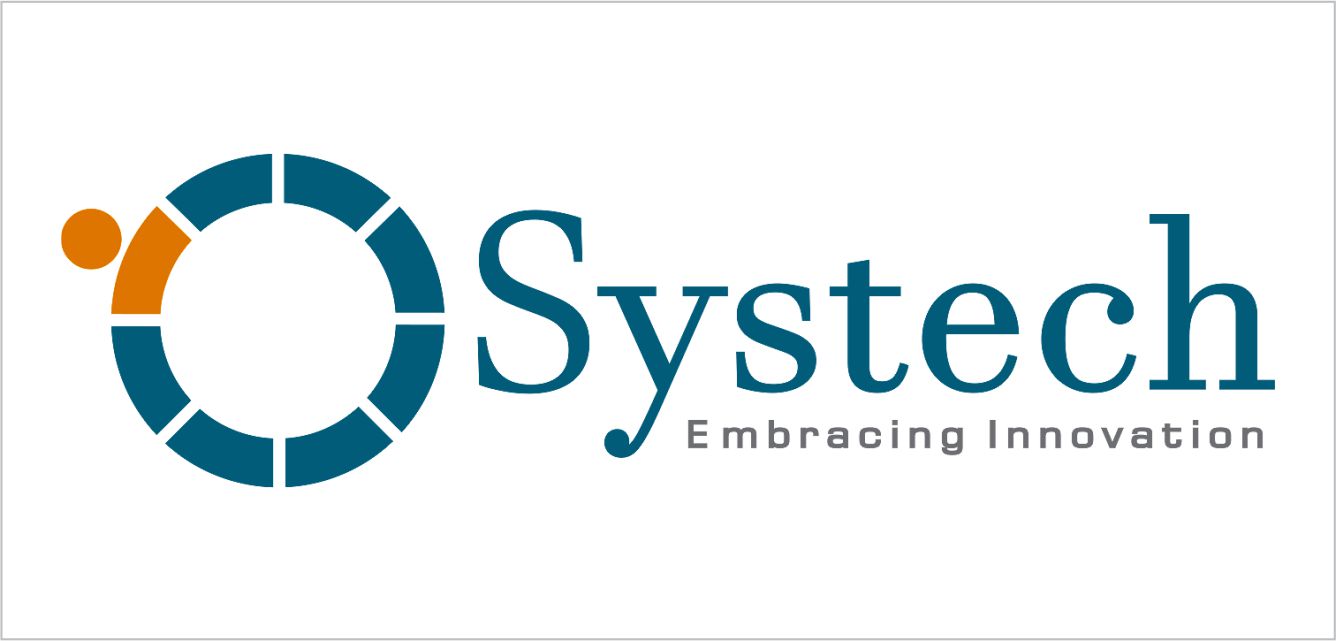
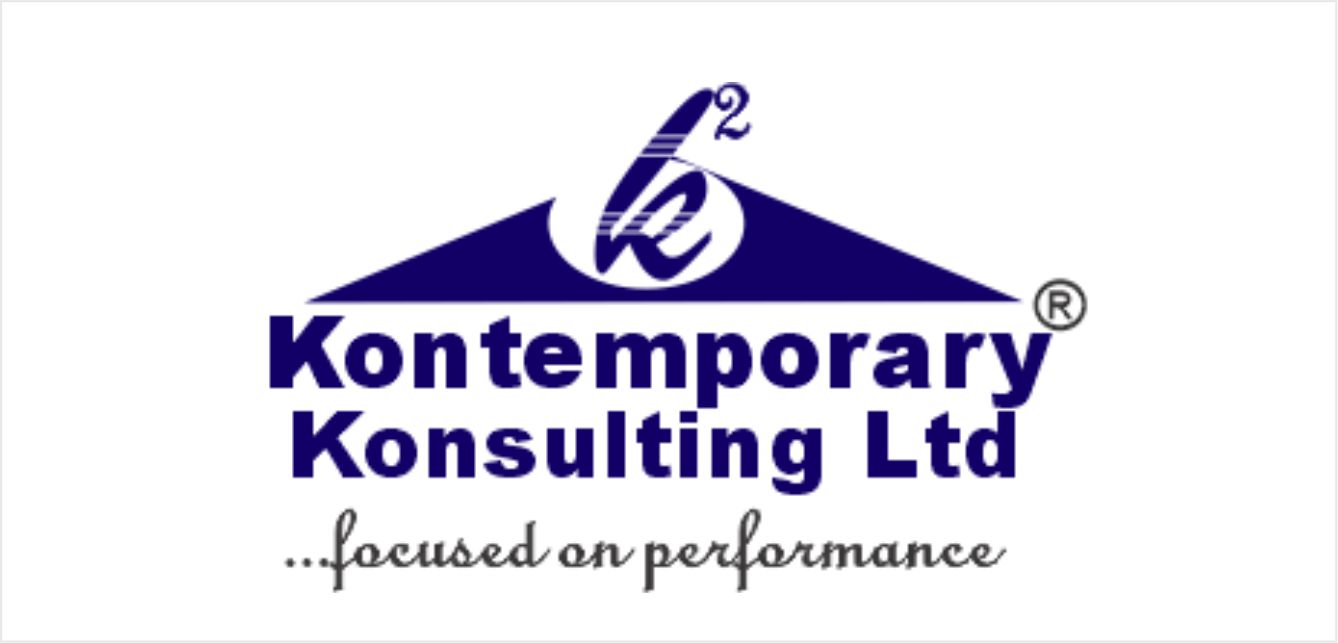
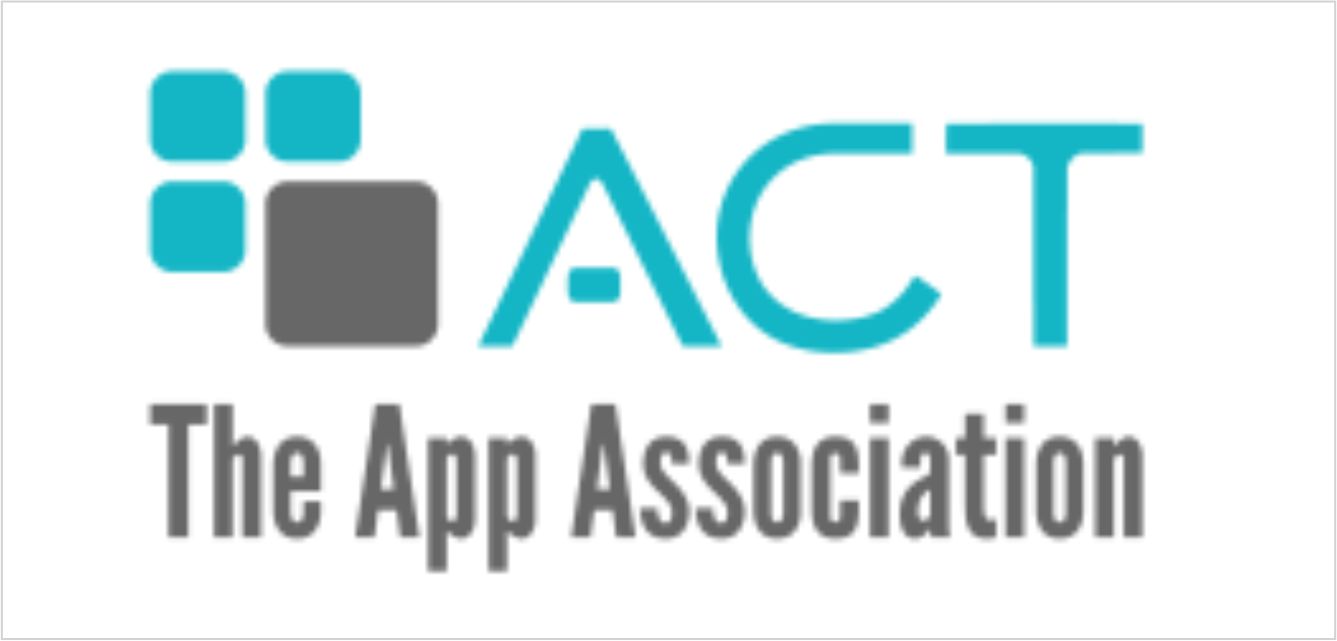
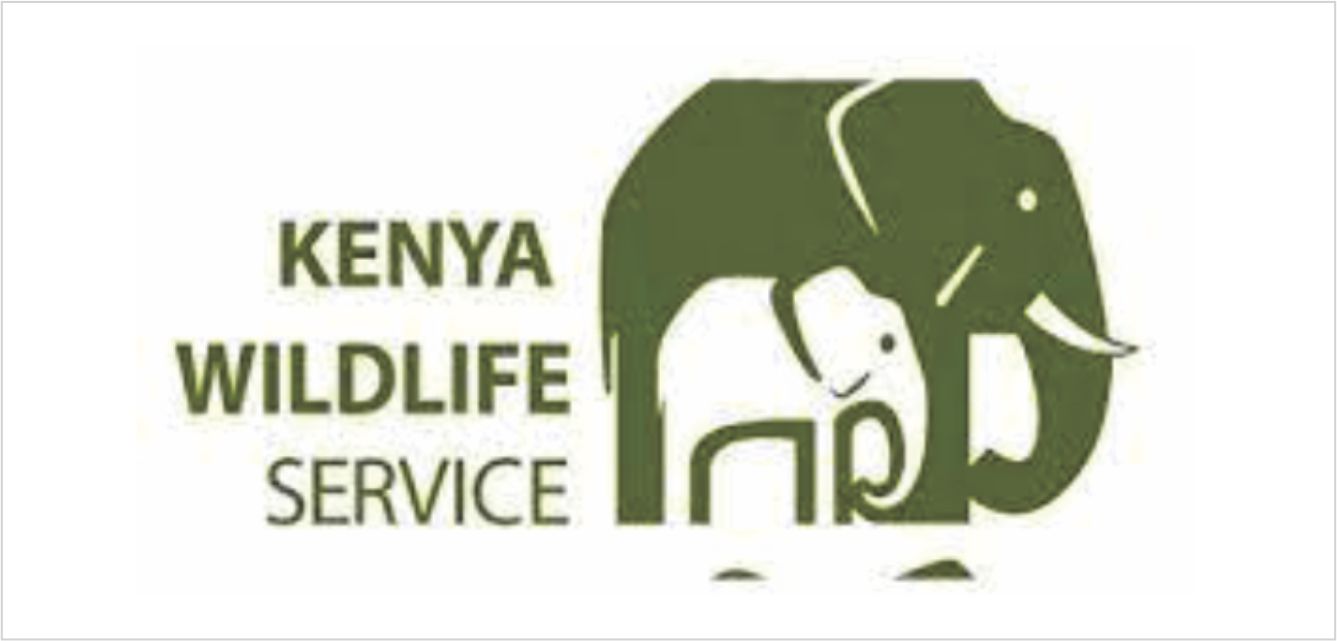
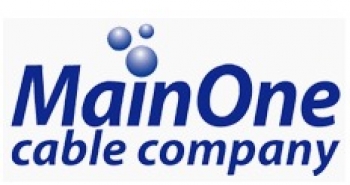

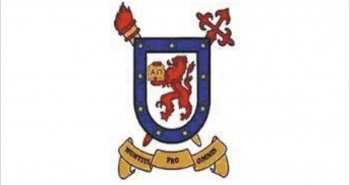

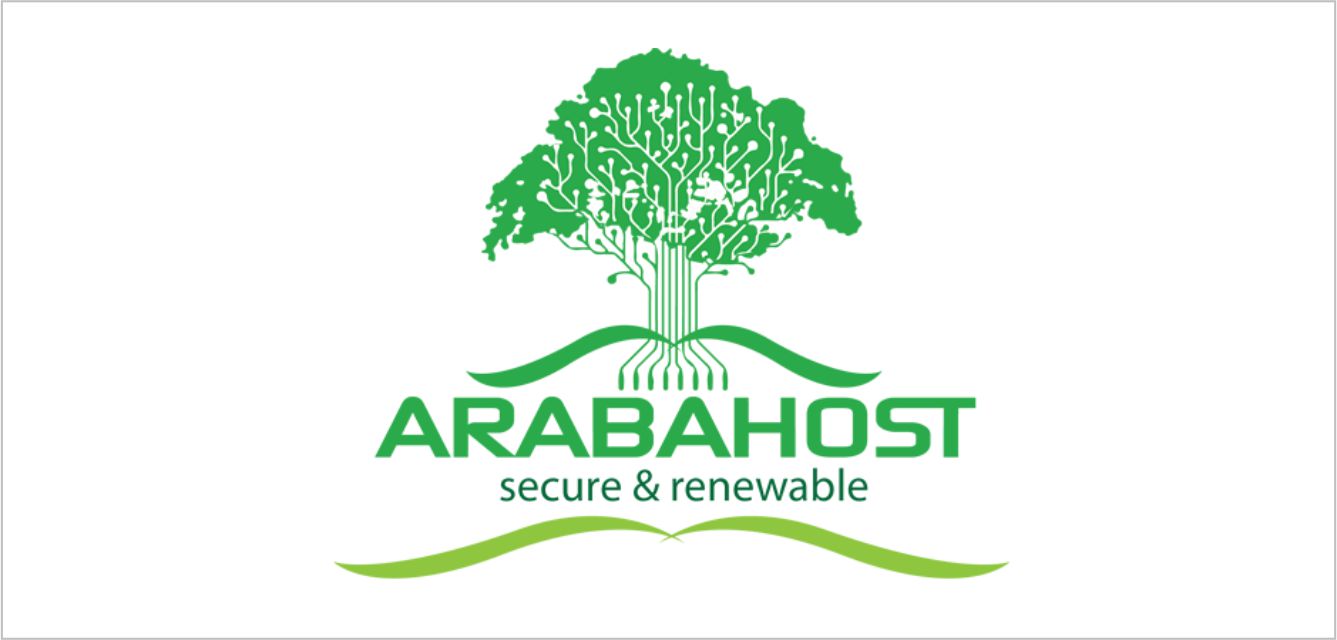
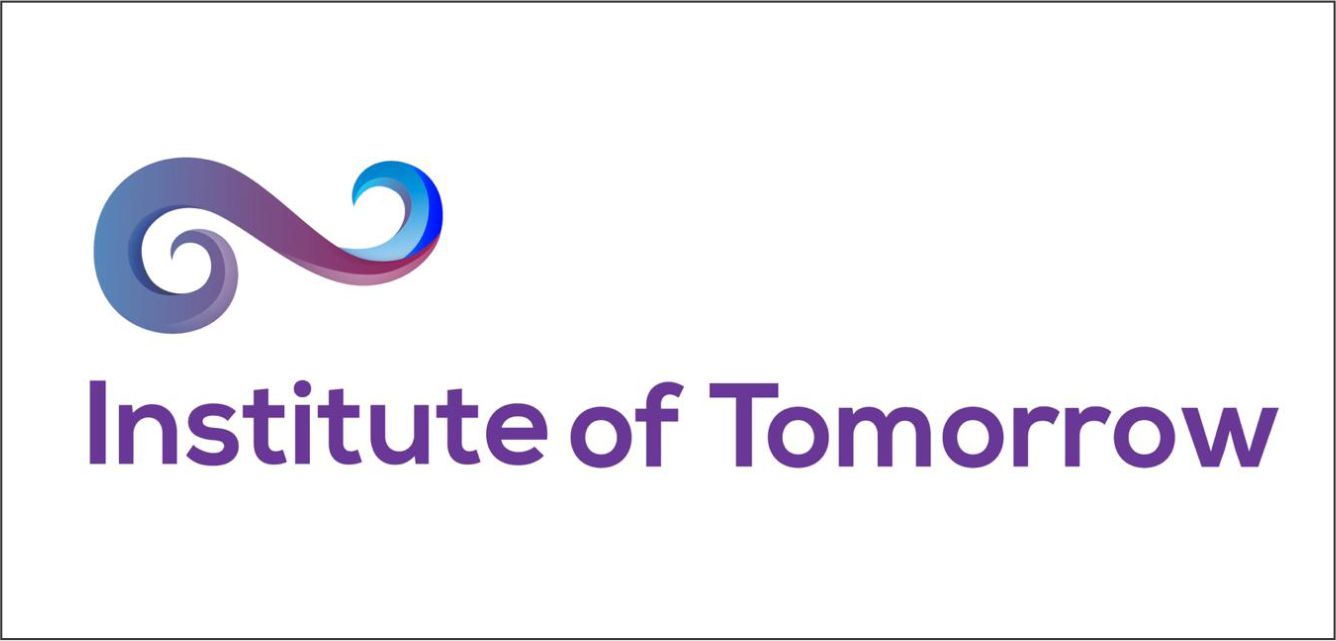
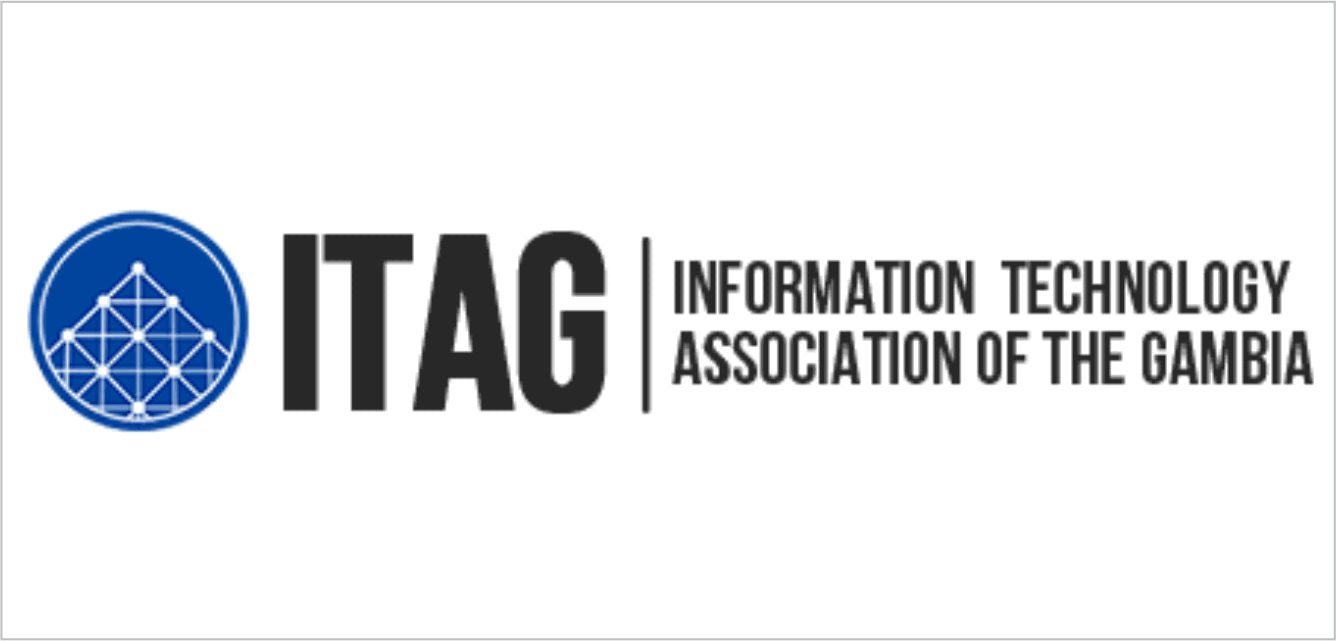
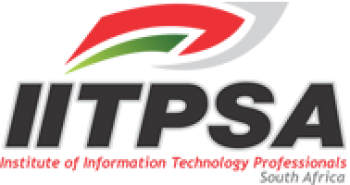
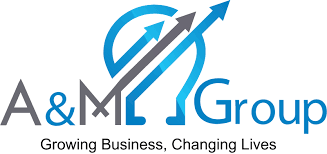
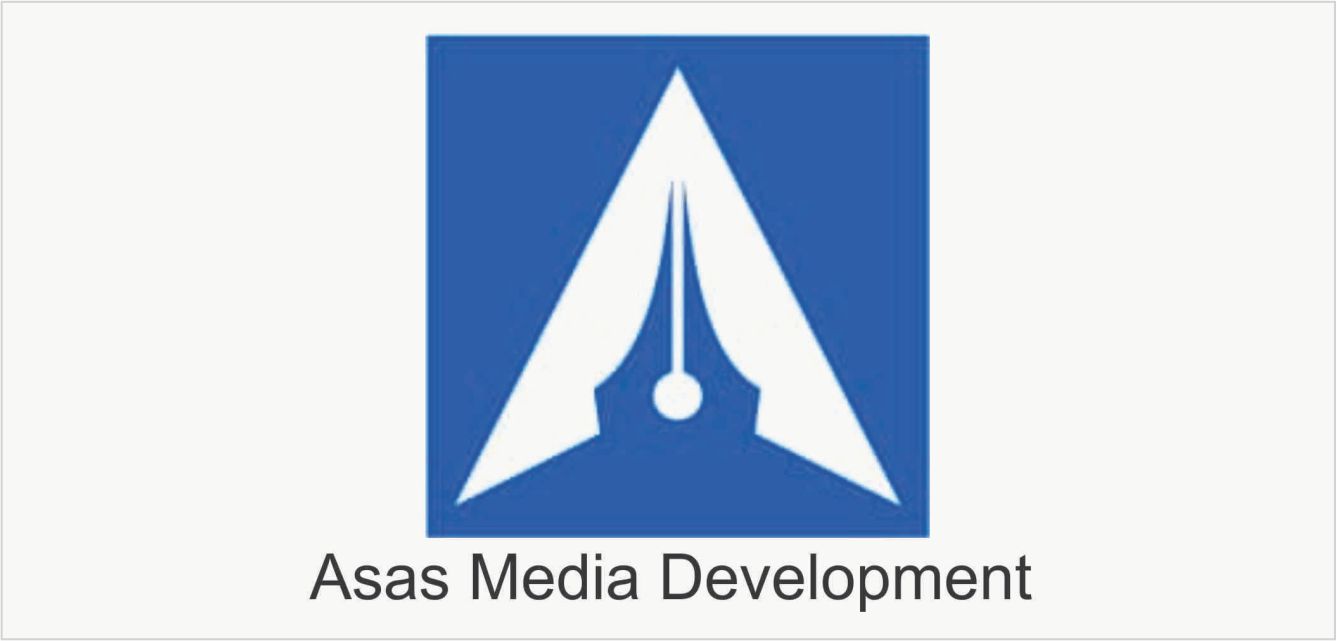
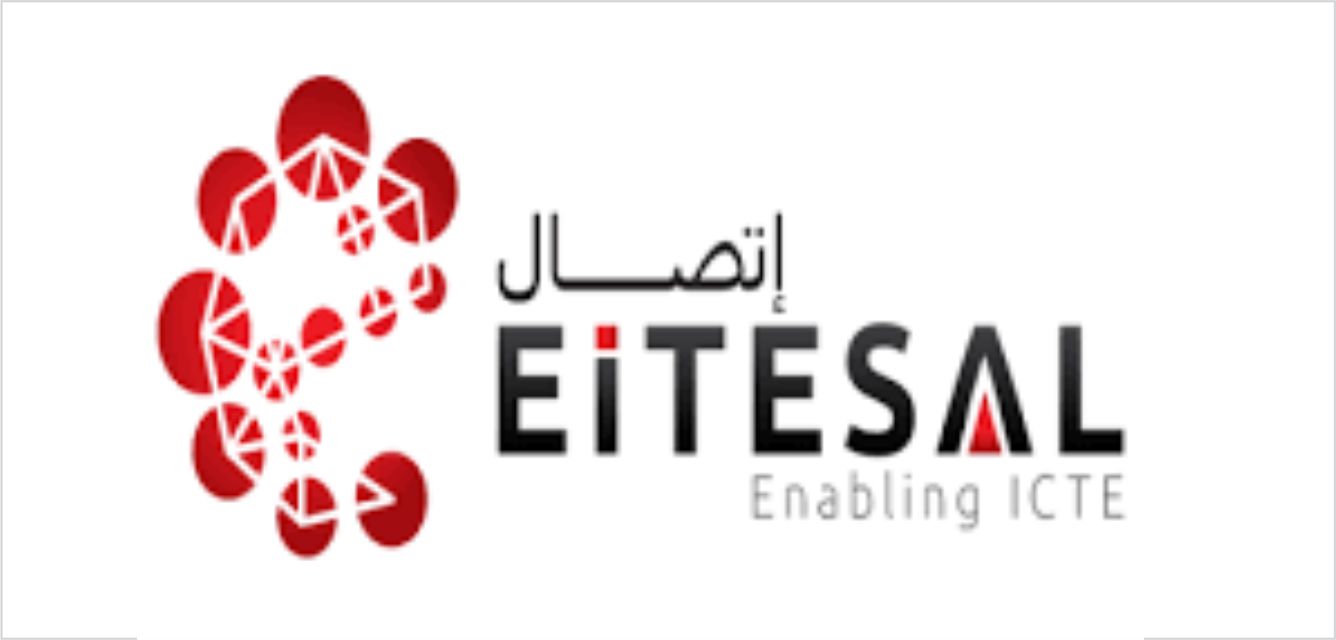
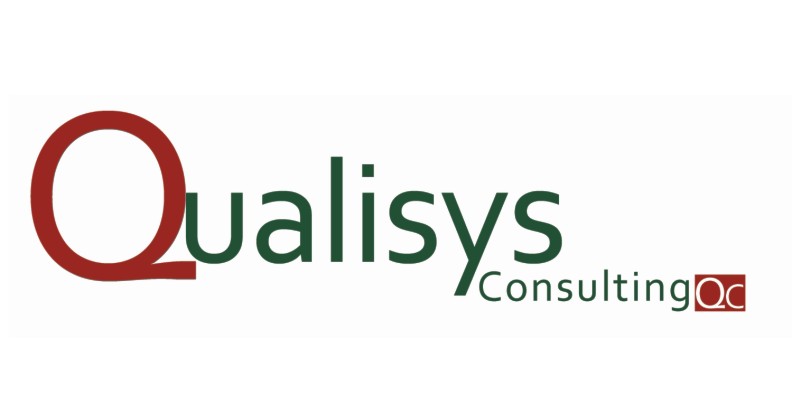
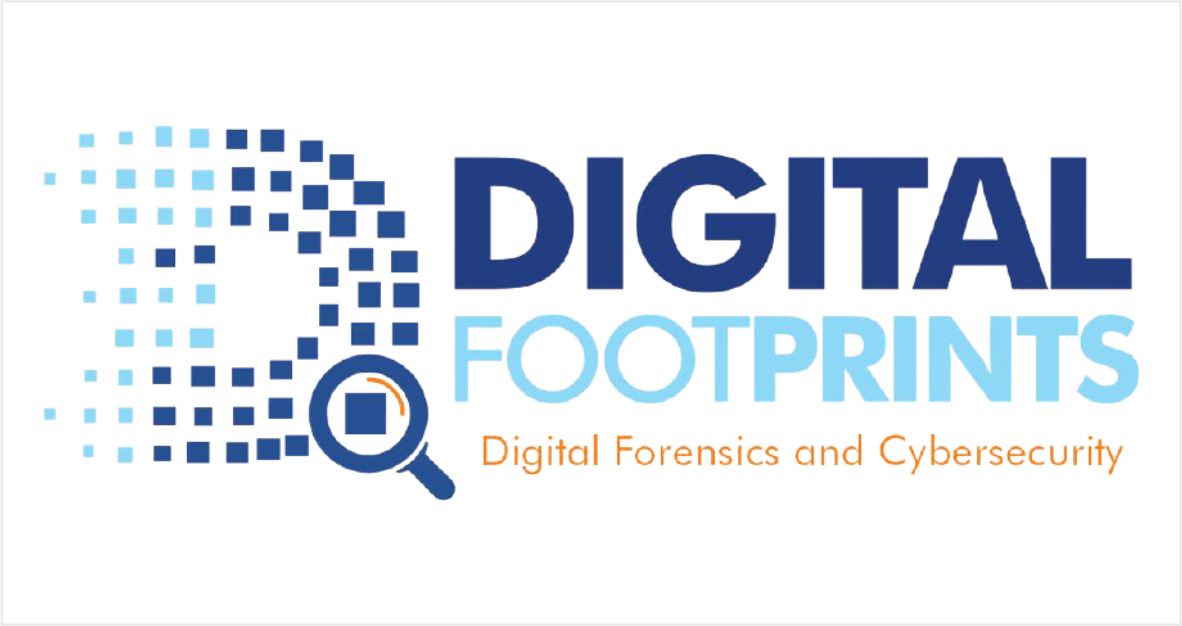
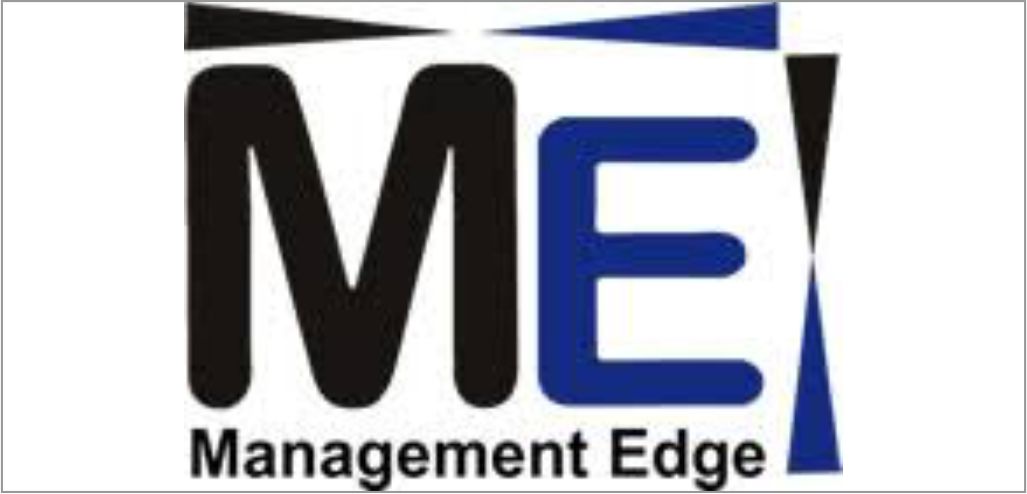
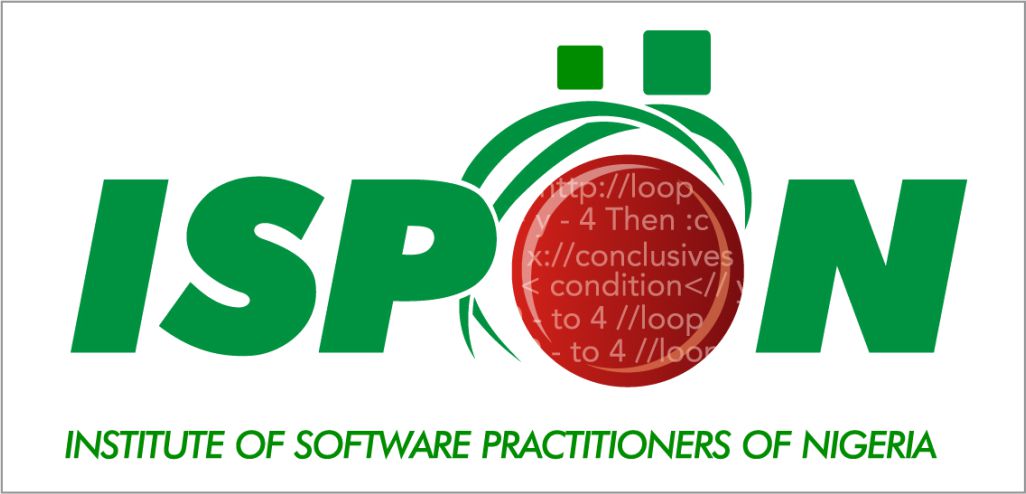
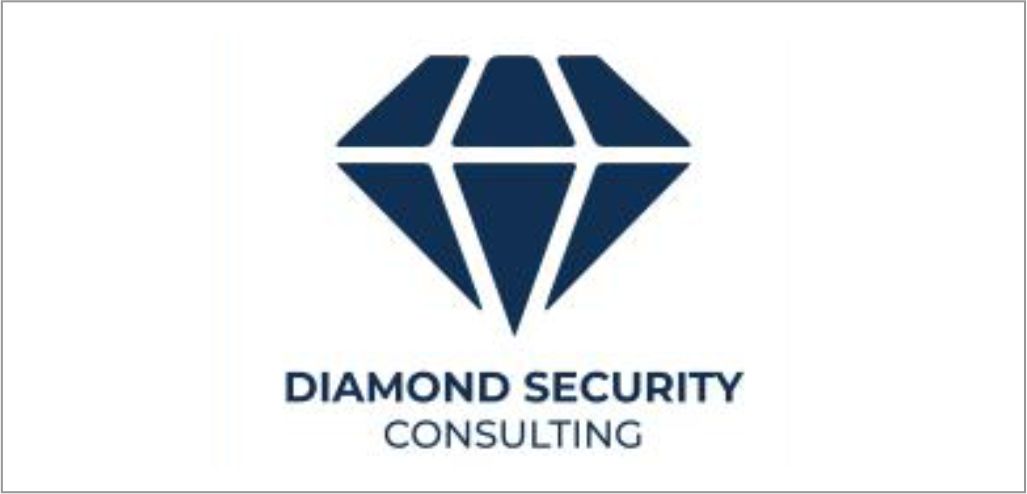


 World Wide Worx MD Arthur Goldstuck has identifi ed three predominant trends in South Africa that will influence the Internet and telecoms space and that will add up to both an explosion in data consumption and in mere usage of the Internet. These will transform communication between individuals, and change the way people expect business and government to communicate with them.
World Wide Worx MD Arthur Goldstuck has identifi ed three predominant trends in South Africa that will influence the Internet and telecoms space and that will add up to both an explosion in data consumption and in mere usage of the Internet. These will transform communication between individuals, and change the way people expect business and government to communicate with them. Looking back at key factors last year that are expected to have an influence on the Internet and telecoms sectors in 2013, Goldstuck identified Cabinet pulling the plug on the Telkom deal with Korea Telecom as “probably the single most significant event of 2012”.
Looking back at key factors last year that are expected to have an influence on the Internet and telecoms sectors in 2013, Goldstuck identified Cabinet pulling the plug on the Telkom deal with Korea Telecom as “probably the single most significant event of 2012”.

